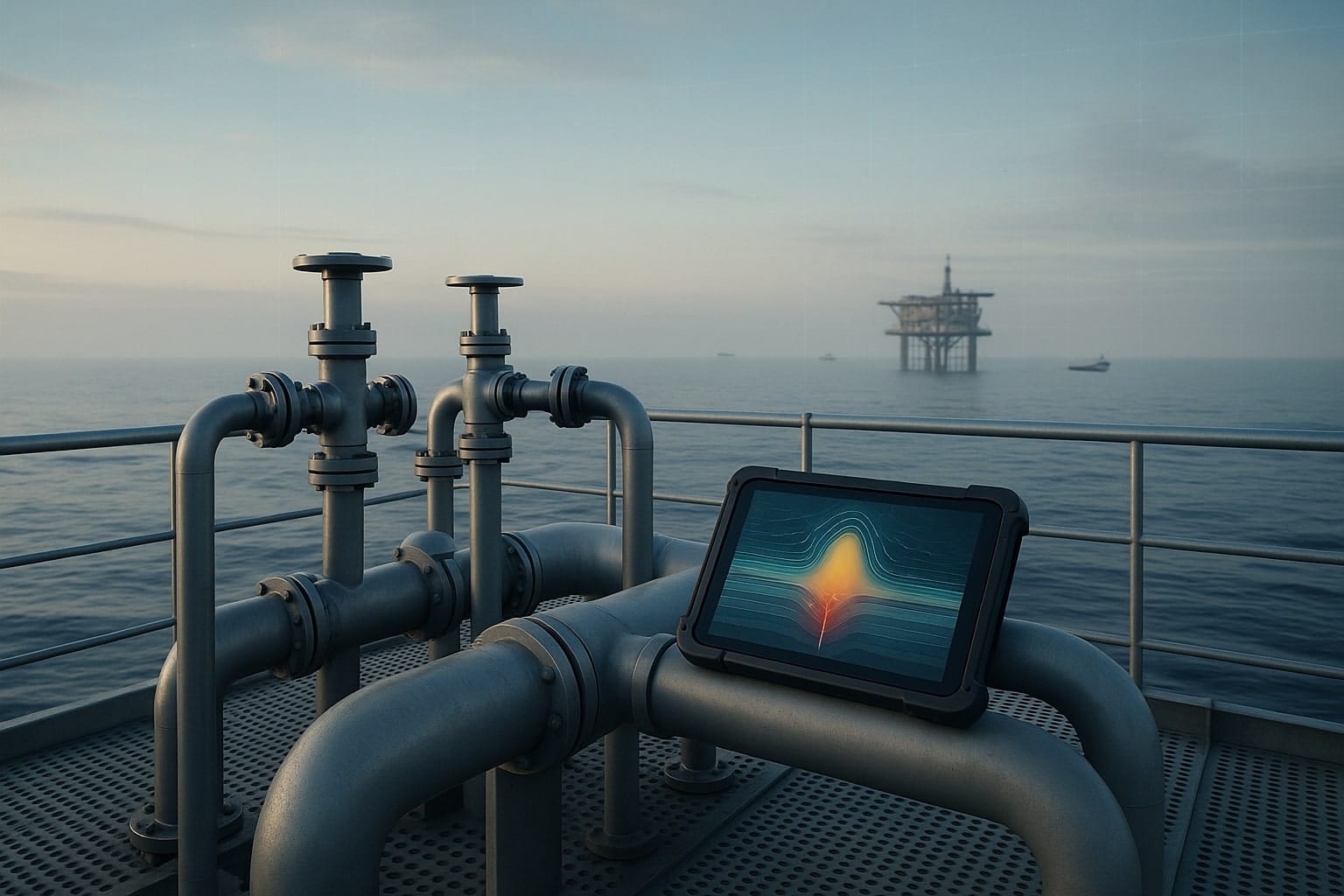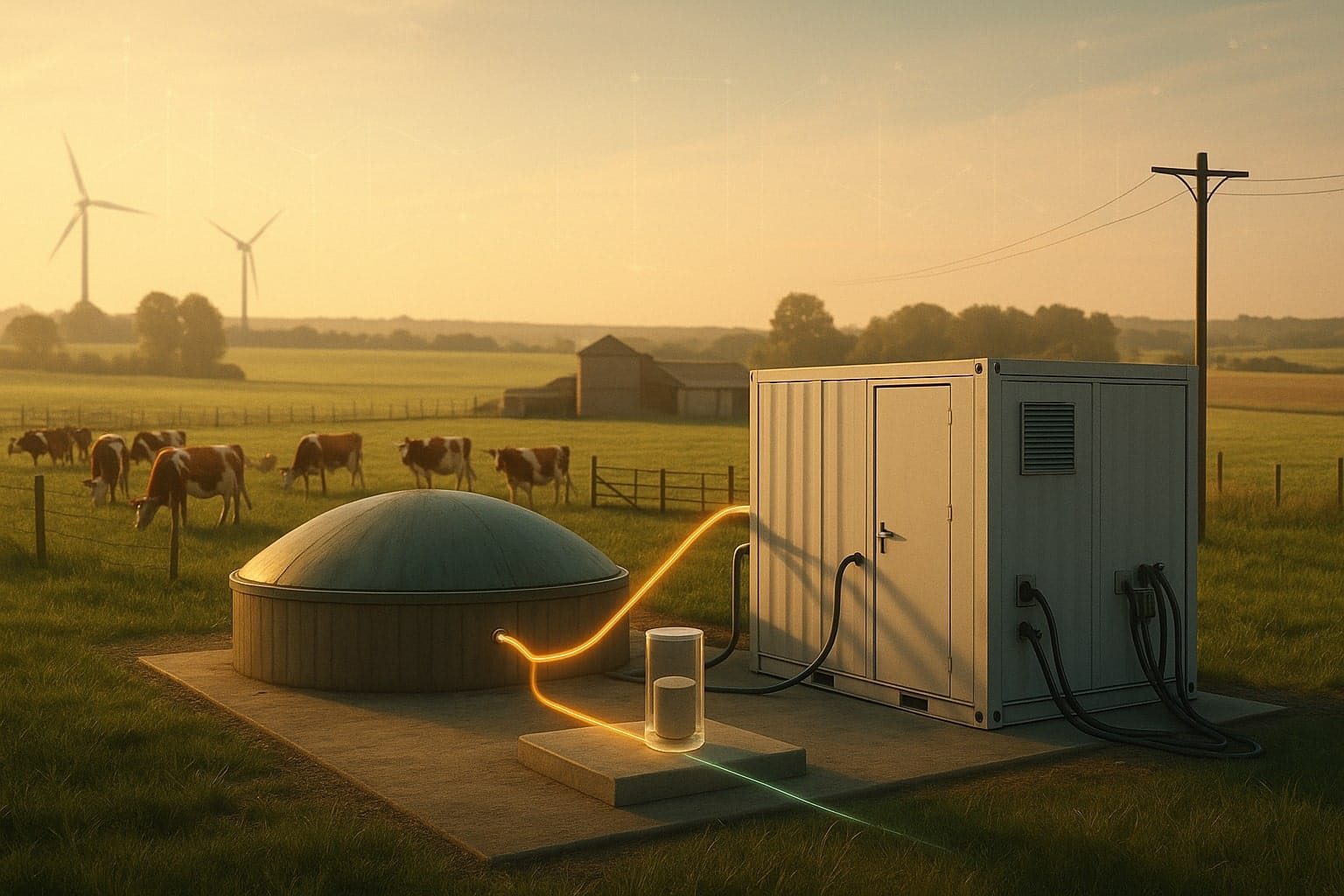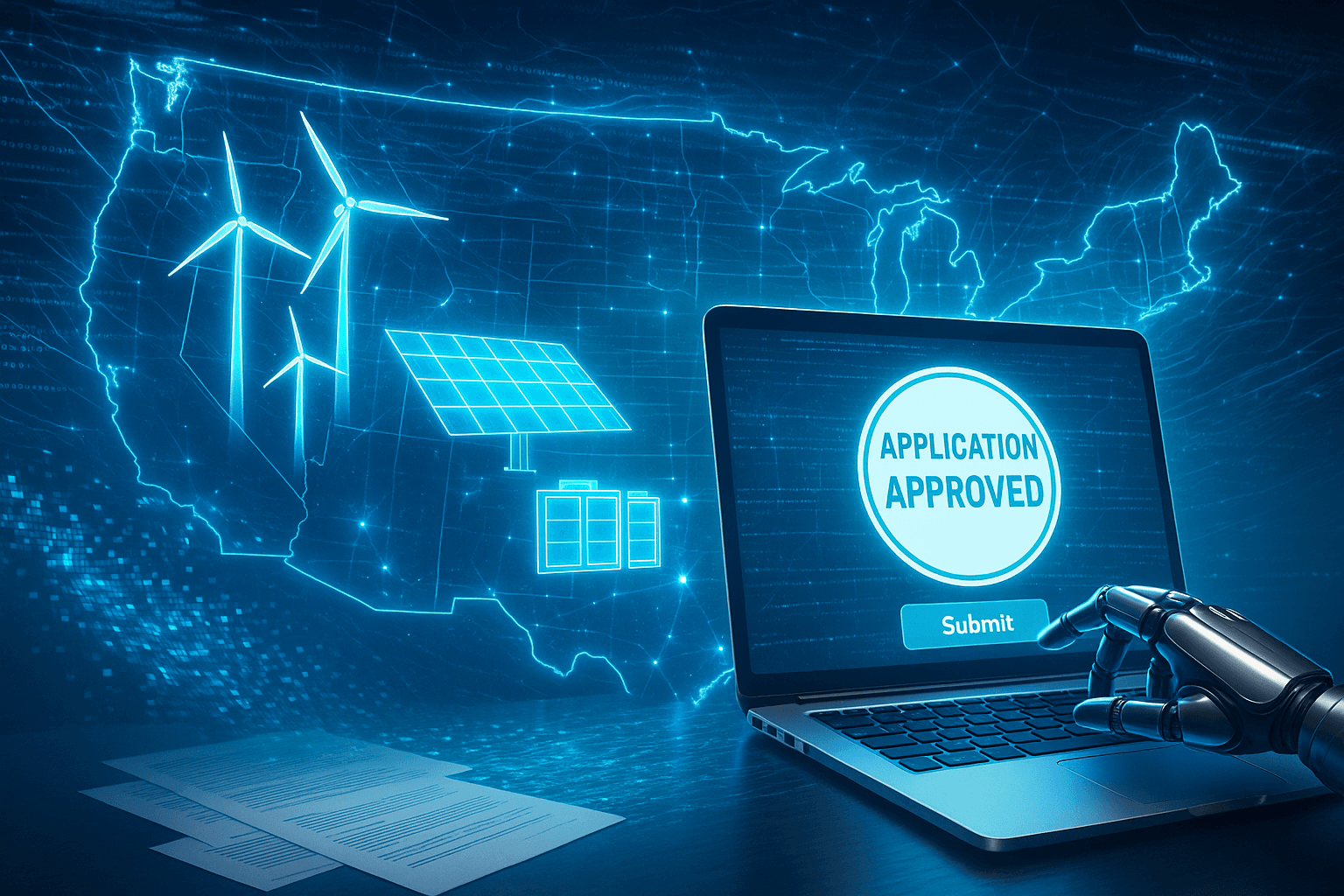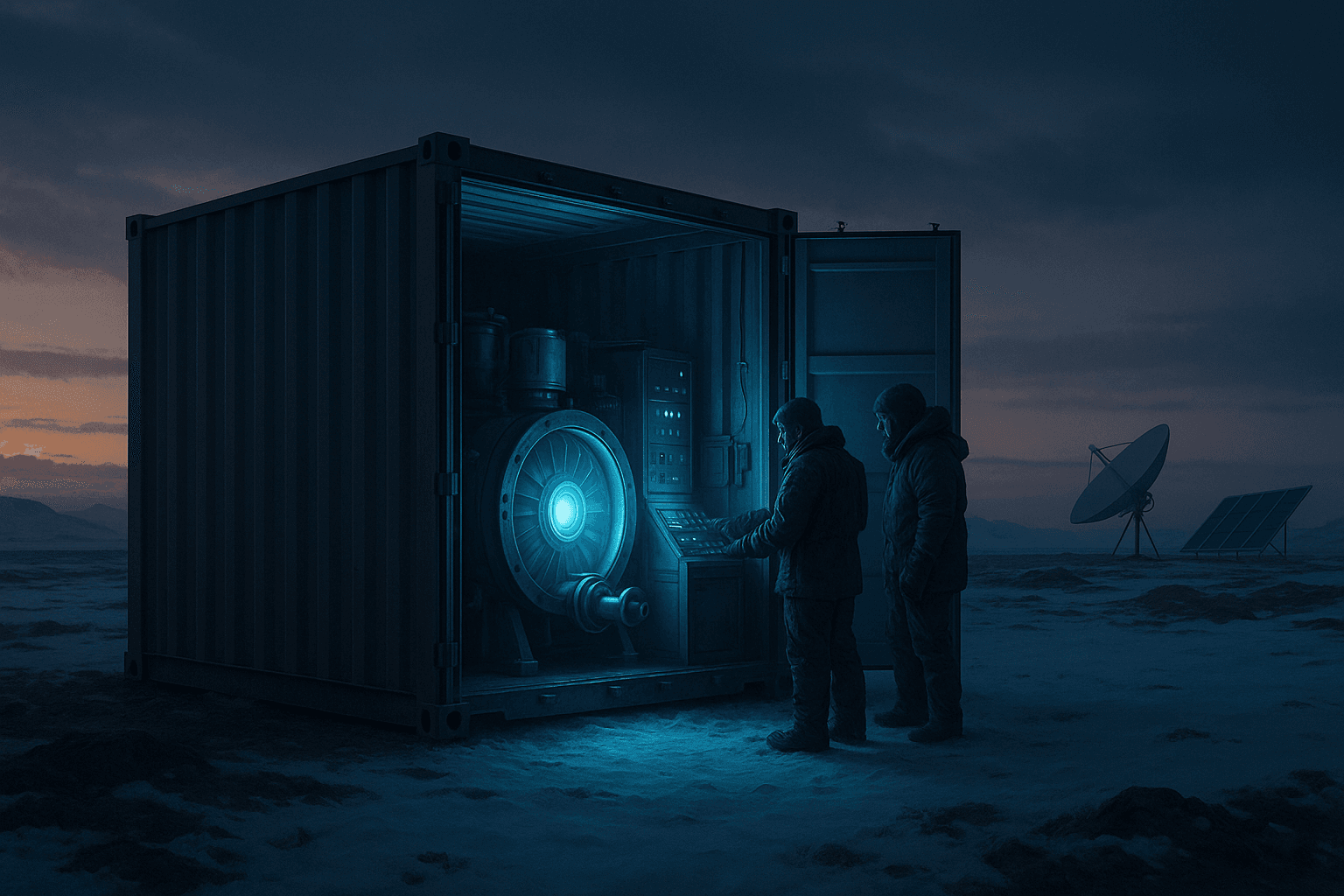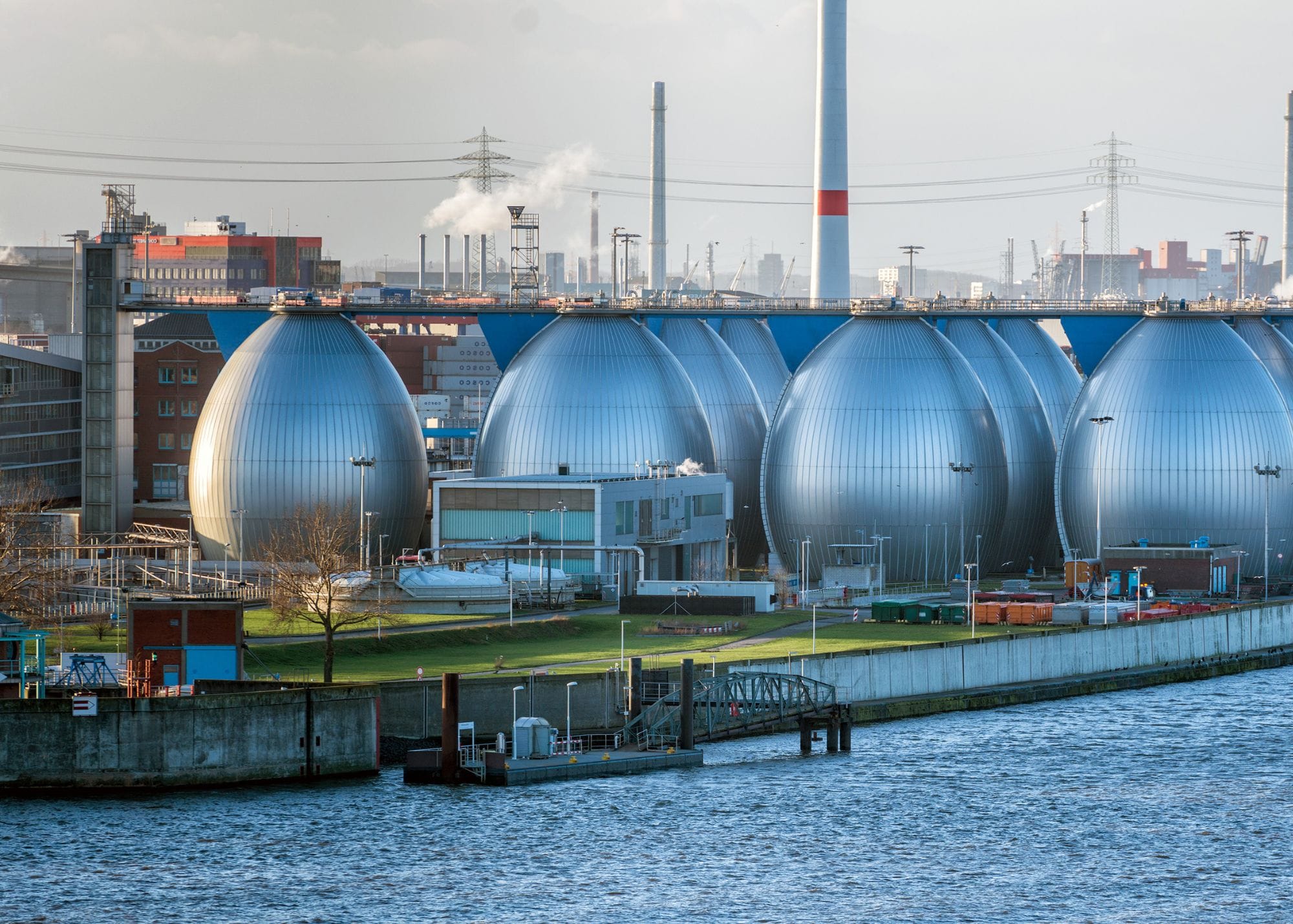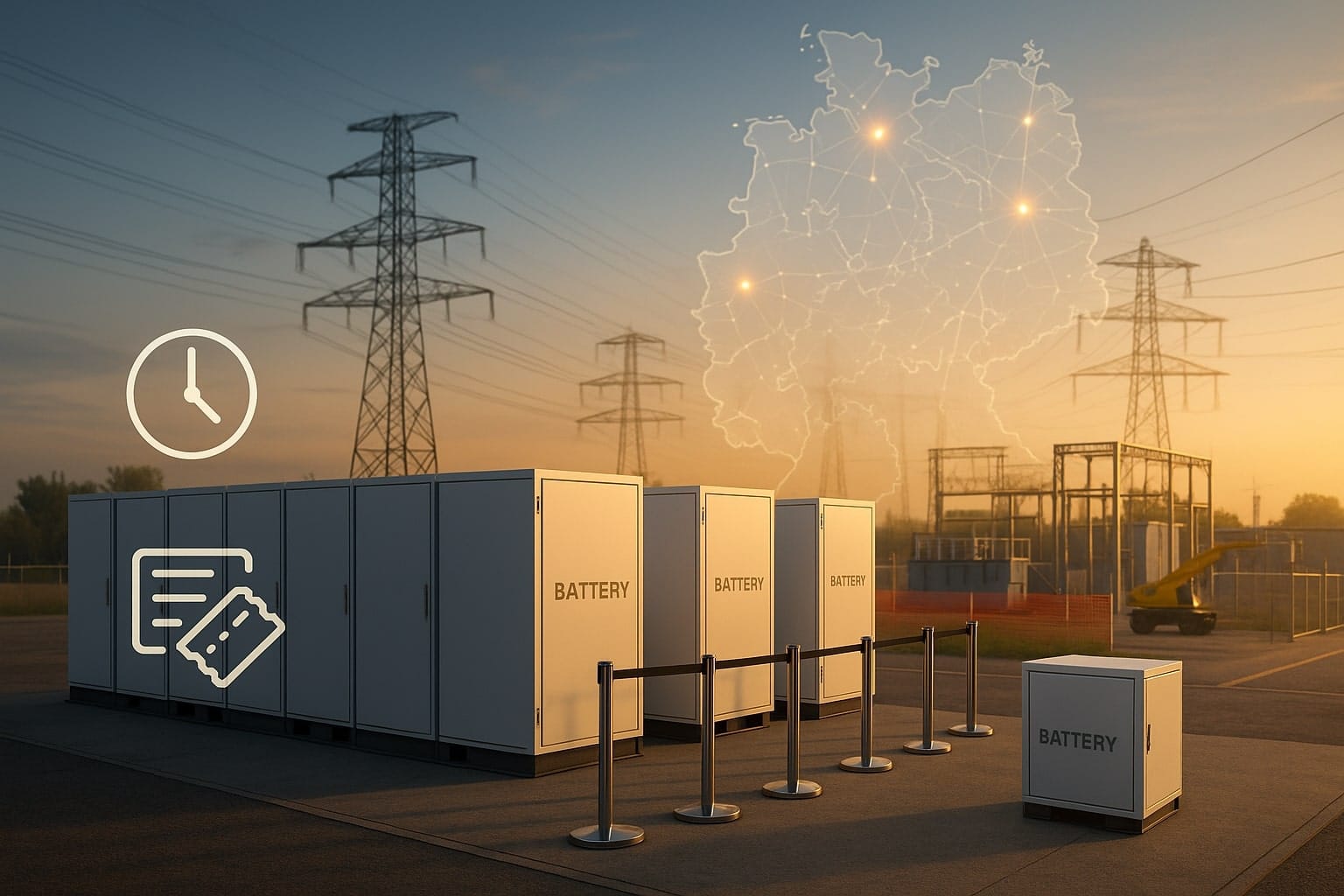Hamburg-based Reneo has established a $619 million capital platform aimed at transforming Germany’s energy-inefficient residential properties, potentially setting a precedent for sustainable real estate investments worldwide.
In a significant move towards sustainable urban development, Reneo, a Hamburg-based real estate technology and investment firm, has secured a $619 million capital platform to decarbonize Germany’s residential housing stock. This initiative addresses the pressing issue of energy inefficiency in over half of Germany’s residential buildings, which currently hold poor energy performance ratings. By leveraging advanced technology and strategic partnerships, Reneo aims to transform these properties into modern, eco-friendly living spaces, offering a scalable model that could influence global real estate decarbonization efforts.
Table of Contents
ToggleThe Deal Breakdown: Reneo’s $619M Capital Platform
Investors and Funding Structure
Reneo‘s capital platform comprises $48 million in equity financing from prominent European investment funds, including Eurazeo, Lakestar, and Foundamental. Additional contributions come from family-owned enterprises such as Goldbeck and Bauwens, as well as notable business angels like Stefan Wiskemann and brothers Fabian and Ferry Heilemann. This equity infusion was secured through multiple funding rounds, with Eurazeo leading the most recent Series B and Lakestar heading the earlier Series A.
Strategic Partnerships and Financial Arrangements
To amplify its impact, Reneo has formed a joint venture with Peakside Capital, an independent real estate investment manager. This collaboration aims to deploy approximately $515 million in combined debt and equity to enhance the energy efficiency of multi-family housing units across Germany. Complementing this effort is an existing senior financing arrangement with Goldman Sachs, providing additional liquidity to expedite Reneo’s green transformation projects.
Scope and Objectives
The primary focus of this capital deployment is the modernization of underperforming residential assets, particularly those with energy performance certificate (EPC) ratings of E or lower. Reneo’s goal is to achieve energy consumption reductions of up to 60% in these properties, thereby lowering operational costs for tenants and enhancing long-term asset value for investors. This initiative not only aligns with the European Union’s climate objectives but also addresses the substantial demand for sustainable housing solutions in Germany.
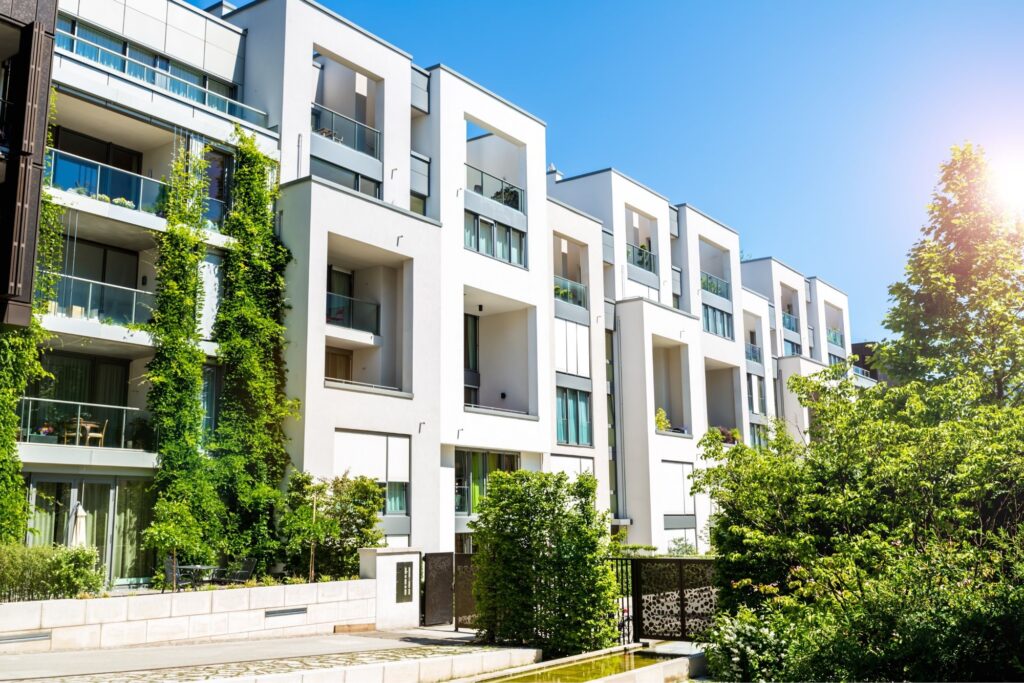
The Tech Behind Reneo’s Decarbonization Model
The Reneo Core System (RCS): AI-Driven Property Analytics
At the heart of Reneo’s transformative approach is its proprietary Reneo Core System (RCS), an advanced end-to-end management platform that leverages artificial intelligence to revolutionize the assessment and modernization of residential properties. The RCS meticulously analyzes extensive property data, utilizing machine learning algorithms to identify optimal transformation strategies for each asset. This comprehensive analysis encompasses factors such as energy savings potential, renovation costs, available government subsidies, and projected financial returns. By integrating these variables, the RCS enables Reneo to make informed, data-driven decisions that maximize both ecological benefits and economic value.
Operational Mechanism and Projected Impact
The RCS operates by conducting detailed scans of existing buildings to uncover specific construction and energy efficiency needs. This process involves creating comprehensive Building Information Models (BIM) through 3D scanning technologies, which serve as the foundation for precise renovation planning. By orchestrating the entire transformation process—from initial assessment to post-renovation support—the RCS ensures cost control and efficiency at every project phase. Implementing Reneo’s technology-driven solutions has demonstrated significant reductions in energy consumption, achieving decreases ranging from 30% to 60%. These improvements not only contribute to substantial carbon emission reductions but also lead to lower operational costs for both property owners and tenants, enhancing the overall value proposition of the retrofitted properties.
Why It Matters for the US Market & Beyond
Lessons for the US Real Estate Sector
Reneo’s innovative approach offers valuable insights for the U.S. real estate market, particularly in addressing the challenges of modernizing aging and energy-inefficient housing stock. The integration of AI-driven platforms like the RCS can streamline the assessment and renovation processes, making large-scale energy efficiency projects more feasible and cost-effective. This methodology aligns with the increasing emphasis on sustainable development and the need for scalable solutions to meet ambitious climate targets.
Comparisons to US Policies
The United States has been proactive in promoting energy efficiency and sustainable housing through various policies and initiatives. Programs such as the Weatherization Assistance Program and tax incentives for energy-efficient home improvements encourage property owners to invest in green retrofits. Reneo’s model complements these efforts by providing a structured, technology-driven framework that can enhance the effectiveness of such programs. By adopting similar AI-powered strategies, U.S. policymakers and industry stakeholders can accelerate the transition toward a more sustainable housing sector.
Implications for Investors and Policymakers
The success of Reneo’s capital platform underscores the growing institutional interest in sustainable real estate investments. For investors, this presents an opportunity to engage in projects that offer both environmental benefits and attractive financial returns. Policymakers can draw from Reneo’s approach to craft supportive regulations and incentives that facilitate the adoption of AI-driven decarbonization strategies. Collaborative efforts between the public and private sectors can thus drive meaningful progress in reducing the carbon footprint of the residential real estate industry.
Challenges & Risks
Regulatory Hurdles in Germany and Lessons for the US
Navigating the regulatory landscape poses significant challenges for large-scale decarbonization projects. In Germany, stringent building codes and complex approval processes can impede the swift implementation of energy-efficient retrofits. These regulatory hurdles necessitate a thorough understanding of local laws and proactive engagement with regulatory bodies to ensure compliance and expedite project timelines. The U.S. faces similar challenges, with varying regulations across states and municipalities. To mitigate these obstacles, stakeholders must advocate for streamlined permitting processes and harmonized standards that facilitate the adoption of sustainable building practices nationwide.
Scalability Concerns
While Reneo’s model has proven effective in specific contexts, scaling this approach across diverse housing markets presents inherent difficulties. Variations in building types, regional climates, and local market conditions require tailored solutions that can adapt to different scenarios. Additionally, the availability of skilled labor and the capacity of supply chains to meet increased demand for sustainable materials and technologies are critical factors that influence scalability. Addressing these concerns involves investing in workforce development, fostering innovation in sustainable construction practices, and ensuring that supply chains are robust and responsive to the needs of large-scale decarbonization efforts.
Cost-Effectiveness and Tenant Affordability Issues
Balancing the costs of extensive retrofitting projects with the need to maintain affordable housing is a delicate endeavor. While energy-efficient upgrades can lead to long-term savings, the initial capital investment may be substantial. There is a risk that these costs could be transferred to tenants in the form of higher rents, potentially exacerbating housing affordability issues. To prevent this, it is essential to develop financing models that distribute costs equitably and leverage public subsidies or incentives to offset expenses. Ensuring that the financial benefits of energy efficiency—such as reduced utility bills—are passed on to tenants can also help maintain affordability while promoting sustainable living environments.
What’s Next? The Future of Green Retrofitting
Predictions for Reneo’s Expansion
Building on its success in Germany, Reneo is poised to explore opportunities for expansion into other European markets and potentially the U.S. The company’s technology-driven approach and proven track record make it a strong candidate for scaling its operations internationally. However, entering new markets will require careful analysis of local regulatory environments, housing stock characteristics, and market demand to tailor strategies that align with regional needs and conditions.
The Growing Role of AI and Smart Energy Solutions in ClimateTech
Artificial intelligence and smart energy solutions are increasingly at the forefront of ClimateTech innovations. AI enables precise analysis and optimization of energy use, facilitating targeted interventions that enhance efficiency and reduce emissions. Smart energy systems, including advanced HVAC controls and real-time energy monitoring, empower property owners and occupants to manage consumption proactively. The integration of these technologies is expected to accelerate, driving more sophisticated and effective approaches to building decarbonization and contributing significantly to global sustainability goals.
Investor Sentiment: Is Brown-to-Green Real Estate the Next Big Bet?
Institutional investors are increasingly viewing the transformation of brownfield (inefficient, high-emission) real estate into green, energy-efficient assets as a lucrative and impactful investment opportunity. With mounting regulatory pressure and heightened ESG (Environmental, Social, and Governance) expectations, the demand for sustainable properties is rising. Funds specializing in climate-conscious real estate are expanding, and banks are offering preferential financing rates for projects that align with net-zero commitments. Given these trends, Reneo’s capital platform serves as a benchmark for future investments, signaling that sustainable real estate transformation is not only a climate imperative but also a financially viable strategy.
In conclusion, Reneo’s $619 million capital platform marks a pivotal step in the decarbonization of Germany’s housing sector, offering a replicable model for other markets worldwide. By leveraging AI-driven technology and strategic partnerships, the company is demonstrating how energy-inefficient buildings can be transformed into sustainable assets with long-term financial and environmental benefits. As cities across the globe grapple with the challenge of reducing emissions from aging real estate, the success of Reneo’s approach provides a compelling case for governments, investors, and property developers to adopt similar strategies.



